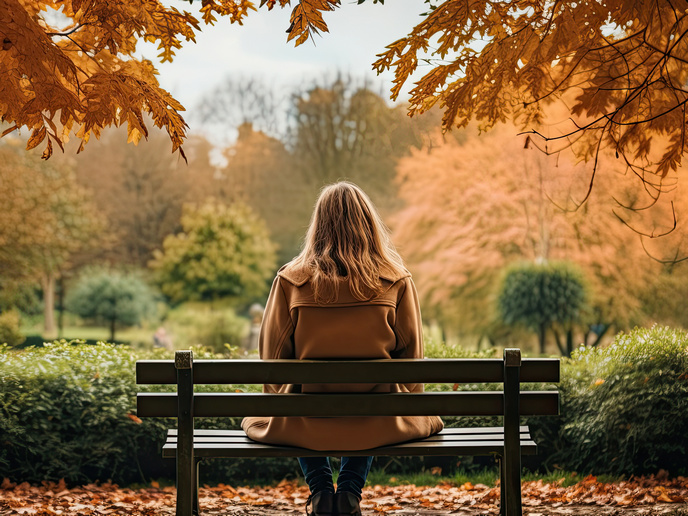Exploring how not to be lonely in the city, the natural way
“Walking in a park or along the water, growing food, cultivating flowers, exercising in a natural setting… What if these activities were options to fight loneliness and to improve our wellbeing in the city?” asks the EU-funded RECETAS(opens in new window) project. Launched in 2021, it is testing and evaluating how social interaction in nature can help city dwellers combat loneliness and improve their health and mental well-being. Loneliness is a major social concern that recognises no borders and affects people of all ages, cultures, economic backgrounds and genders. Not only can it cause anxiety and depression, it can also lead to or worsen chronic conditions such as cardiovascular disease, diabetes and cerebrovascular disease. RECETAS is using randomised controlled trials and cost-effectiveness studies to examine innovative nature-based social prescribing interventions in six cities in Europe, Australia and South America: Marseille (France), Barcelona (Spain), Prague (Czechia), Helsinki (Finland), Cuenca (Ecuador) and Melbourne (Australia). A positive force in the battle against loneliness, social prescribing is an approach used to connect people with activities, groups and services in a community to improve their health and well-being. The project is described(opens in new window) in the journal ‘Cities & Health’.
Going beyond community gardening
“We were interested in building off past research demonstrating that nature-based solutions that are socially supported, such as community or allotment gardens, can move the needle on stress and anxiety as well as strengthening social connections,” reports the paper’s lead author Dr Jill S. Litt of RECETAS project coordinator Barcelona Institute for Global Health, Spain, in an article(opens in new window) posted on ‘Psychreg’. “However, community gardening is not for everyone. So, we set out to see how we could leverage the therapeutic benefits of nature and social structures for a wider population and apply them to an emerging public health concern: loneliness. Our idea was to take an existing concept, social prescribing, and use it to bridge health systems that have the potential to intervene on loneliness with nature-based solutions, such as parks, gardens, river walks, coastal zones, and other blue areas that should be part of our public health infrastructure but not being utilised for health and wellbeing purposes.” Dr Litt goes on to discuss the study’s progress and challenges: “Currently, we are in the middle of data collection so findings will be available in 2025. Our current study is testing a holistic model of social prescribing that is group-based, led by trained facilitators, and applied outdoors in natural spaces … . Three of our trials (Barcelona, Helsinki, and Prague) are deploying randomised controlled trials, which will strengthen the evidence base for nature-based social prescribing.” The RECETAS (Re-imagining Environments for Connection and Engagement: Testing Actions for Social Prescribing in Natural Spaces) project’s findings could help inform urban policies and healthcare strategies in the six cities, providing a template for other cities facing similar problems. “If successful, we hope to work with municipalities to adopt these programmes so that loneliness becomes the next vital sign of health and well-being, that is, a core indicator of health and one that health providers screen for and begin to manage early and more effectively,” concludes the researcher. For more information, please see: RECETAS project website(opens in new window)



